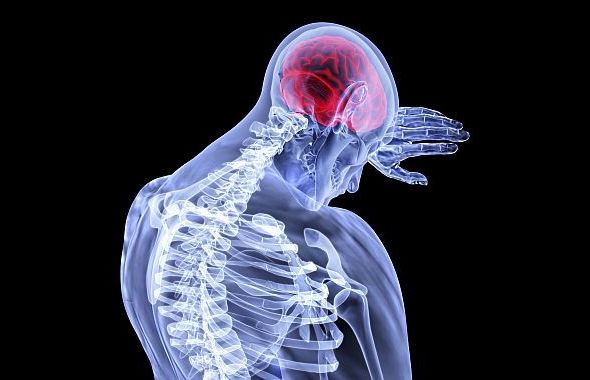Visible Solutions

How Neuroimaging Helps Law Re-envision Pain
Description
Can brain imaging be a “pain-o-meter” that tells courts when a person is in pain? Can fMRI help us discern whether intractable chronic pain is “all in your head” or all in the brain – or will it require us to reconsider that distinction? Leading neuroscientists, legal scholars, and bioethicists debated standards and limits on how the law can use brain science to get smarter about a subject that touches everyone.
Agenda
8:30 – 9:00am: Registration
9:00 – 9:30am: Welcoming remarks
9:30 – 10:30am: Keynotes
10:30 – 10:45am: Break
10:45am – 12:00pm: Can Brain Imaging Be a Pain-O-Meter?
12:00 – 1:00pm: Lunch
1:00 – 2:15pm: “The Pain Brain” in Evidence & Policy
2:15 – 2:30pm: Break
2:30 – 3:45pm: A New Paradigm for Understanding Pain & Emotion
3:45 – 4:00pm: Break
4:00 – 5:15pm: Emotional Pain: Real to the Brain But not Real to the Law?
5:15 – 5:30pm: Closing remarks
This event was part of the Project on Law and Applied Neuroscience, a collaboration between the Center for Law, Brain & Behavior at Massachusetts General Hospital and the Petrie-Flom Center for Health Law Policy, Biotechnology, and Bioethics at Harvard Law School. Cosponsored by the Center for Bioethics at Harvard Medical School and the Mind Brain Behavior Interfaculty Initiative at Harvard University, and with support from the Oswald DeN. Cammann Fund.